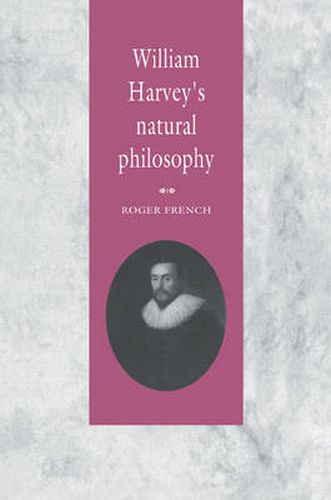Readings Newsletter
Become a Readings Member to make your shopping experience even easier.
Sign in or sign up for free!
You’re not far away from qualifying for FREE standard shipping within Australia
You’ve qualified for FREE standard shipping within Australia
The cart is loading…






William Harvey’s natural philosophy was a view of the world that he had put together during his education in Cambridge and Padua. It contained ways of structuring knowledge, formulating questions and arriving at answers that directed the programme of work in which he discovered the circulation of the blood. This book, the most extensive discussion of Harvey to be published for over twenty-five years, reports extensively on the views of those who wrote for and against him. It is a study of a major change in natural philosophy and of the forces which acted for and, equally important, against change. In a period traditionally central to historians of science, it is argued here that natural philosophy and particularly Harvey’s speciality within it - anatomy - was theocentric. Harvey’s contribution was experiment; and the revolution which occurred in the seventeenth century was concerned not with science but with experiment and the status of natural knowledge.
$9.00 standard shipping within Australia
FREE standard shipping within Australia for orders over $100.00
Express & International shipping calculated at checkout
William Harvey’s natural philosophy was a view of the world that he had put together during his education in Cambridge and Padua. It contained ways of structuring knowledge, formulating questions and arriving at answers that directed the programme of work in which he discovered the circulation of the blood. This book, the most extensive discussion of Harvey to be published for over twenty-five years, reports extensively on the views of those who wrote for and against him. It is a study of a major change in natural philosophy and of the forces which acted for and, equally important, against change. In a period traditionally central to historians of science, it is argued here that natural philosophy and particularly Harvey’s speciality within it - anatomy - was theocentric. Harvey’s contribution was experiment; and the revolution which occurred in the seventeenth century was concerned not with science but with experiment and the status of natural knowledge.